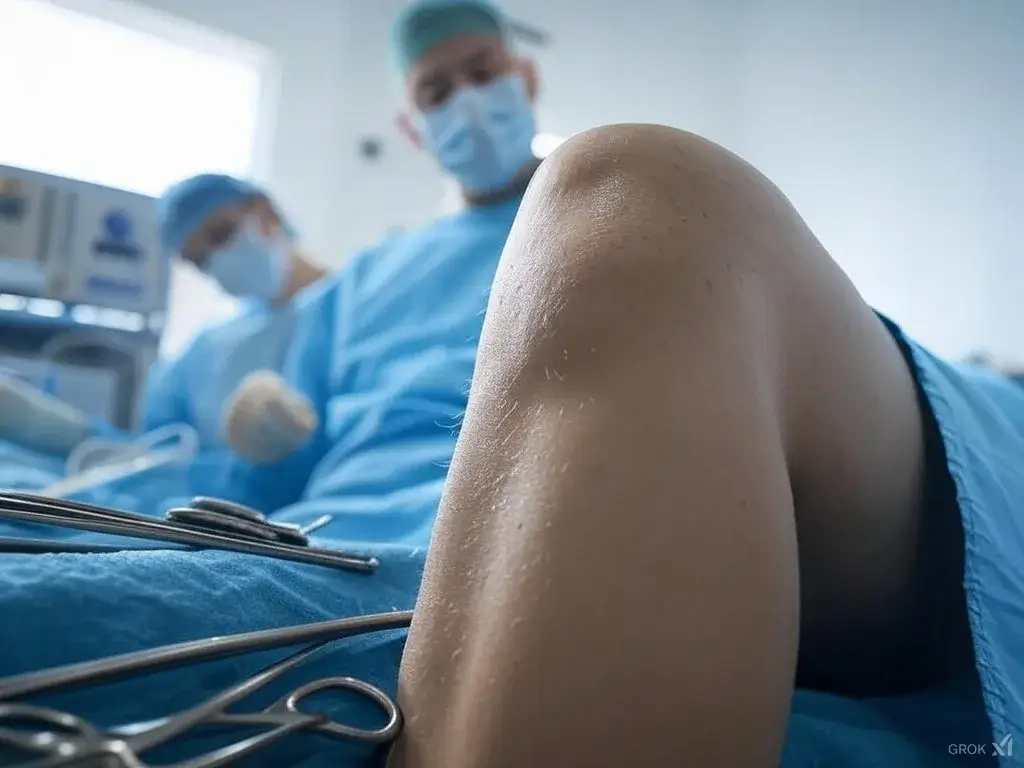International Tubal Ligation Reversal: A Guide for Patients Seeking Treatment Abroad
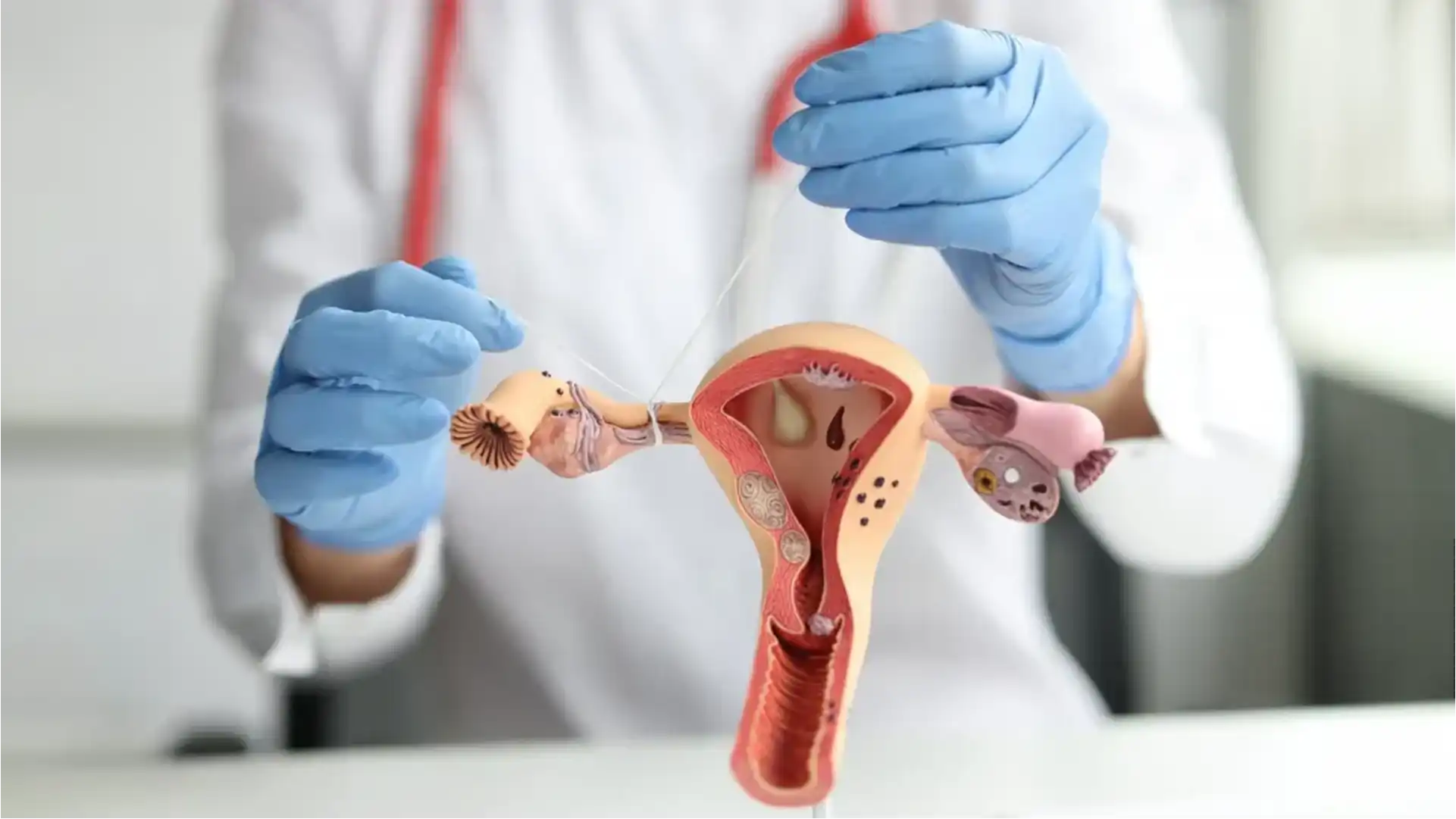
Tubal ligation, commonly known as ‘getting your tubes tied,’ is a surgery that stops you from getting pregnant by blocking your fallopian tubes. This means sperm and egg can’t meet up anymore, stopping fertilization. If someone has this done but later changes their mind about having kids, they can consider a tubal ligation reversal to try and get pregnant.
Tubal Ligation Reversal Explained
A tubal ligation reversal, also known as tubal reanastomosis, is surgery that reconnects the fallopian tubes. This makes it possible for eggs and sperm to meet again, allowing for the chance of natural pregnancy. It’s also called tubal sterilization reversal or simply tubal reversal.
Ideal Candidates for Tubal Ligation Reversal
The suitability of a tubal ligation reversal depends on several factors, making some women better candidates than others:
- Age: Younger women typically have higher success rates due to lower risks of miscarriage and fewer complications associated with aging.
- Health of Fallopian Tubes: The success of the reversal largely depends on the length and health of the remaining fallopian tube segments. Women with more tube length available and less damage from the original surgery generally have higher success rates.
- Type of Original Tubal Ligation: Certain types of tubal ligation, particularly those that use clips or rings, are easier to reverse than those that involve cutting or burning the tubes.
- Overall Reproductive Health: Other infertility issues such as endometriosis, irregular periods, or uterine fibroids can impact the effectiveness of the surgery.
- Partner's Fertility: The sperm health of the partner also plays a critical role in the success of post-reversal conception.
Considering Tubal Ligation Reversal Abroad
If you’re thinking about getting a tubal ligation reversal and looking at options abroad, there are several advantages:
- Cost-Effectiveness: Many places overseas provide this surgery at much lower prices than in Western countries, without skimping on quality.
- Advanced Technology: Some international clinics have state-of-the-art technology and highly skilled experts in reproductive surgeries.
- Combining Recovery with Leisure: Getting your surgery done abroad means you can also enjoy some downtime in a new place, turning your recovery period into a mini-vacation.
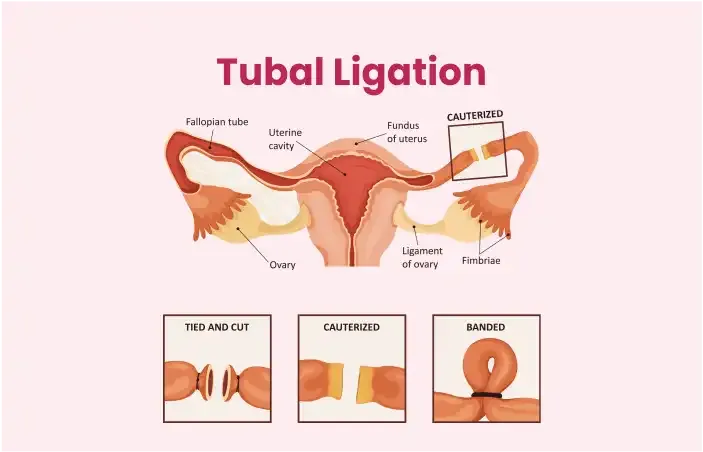
Procedure Details
Before your surgery, you’ll go through several checks to make sure you’re a good fit for the procedure:
- Medical History Review: Your doctor will look closely at your past pregnancies, your tubal ligation surgery, and any other health issues that might affect the surgery.
- Semen Analysis: They’ll check your partner’s sperm to see how likely it is that you’ll conceive naturally after the reversal.
- Preoperative Tests: You might need some blood tests and scans to give your doctor a clear picture of your reproductive health.
The Surgical Process
Tubal ligation reversal is typically performed under general anesthesia, using one of two main surgical methods:
- Mini-Laparotomy: Your surgeon makes a small cut near your bikini line to reach and reconnect your fallopian tubes.
- Robotic-Assisted Laparoscopy: This is a less invasive approach where the surgeon uses robotic tech to operate through a few tiny cuts.
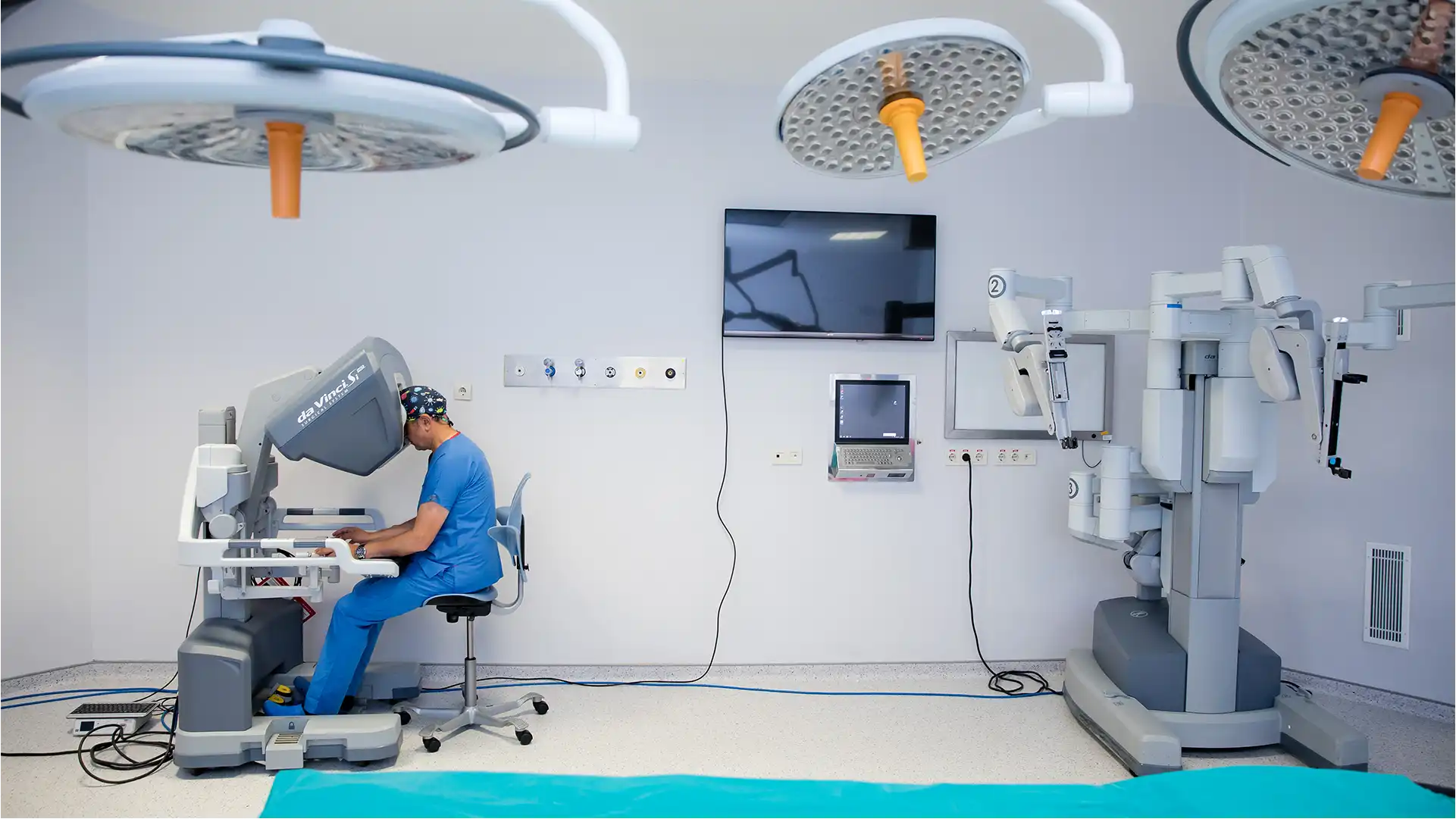 Photo Credit - Private Koru Hospital, Ankara Turkey
Photo Credit - Private Koru Hospital, Ankara Turkey
Recovery and Outlook
After the surgery, you can usually go home the same day and might need one to two weeks to fully recover. The chances of getting pregnant after the reversal range from 50% to 80%, depending on various factors. Most women who do get pregnant after a reversal usually conceive within the first year.
Challenges and Considerations
While many women have a good chance of getting pregnant naturally after a reversal, it’s good to keep in mind some possible challenges:
- Risk of Ectopic Pregnancy: The chances of an ectopic pregnancy, where the embryo implants outside the uterus, are higher after a reversal.
- Surgical Risks: Like any surgery, there’s a risk of complications, including infections or adverse reactions to anesthesia.
Planning Your Trip for Tubal Ligation Reversal Abroad
When planning to undergo tubal ligation reversal abroad, consider these steps to ensure a smooth and successful experience:
Choose the Right Destination
- Healthcare Quality: Look for a country that’s known for excellent medical care and expertise in reproductive health. Countries like Turkey, Spain, and Thailand are popular for their advanced medical technologies and experienced surgeons in the field of reproductive health.
- Accessibility: When considering where to have your tubal ligation reversal, think about how easy it is to get there and get around. Look at how straightforward it is to sort out a visa, find good flights, and get to top-notch hospitals once you land. Places like Singapore, Istanbul and Frankfurt are top picks because they’ve got great airports and healthcare systems that are easy to navigate. Plus, Quality Care Global offers trusted providers in some of these countries, providing access to accredited facilities and simplifying the process of choosing the right destination for your medical needs.
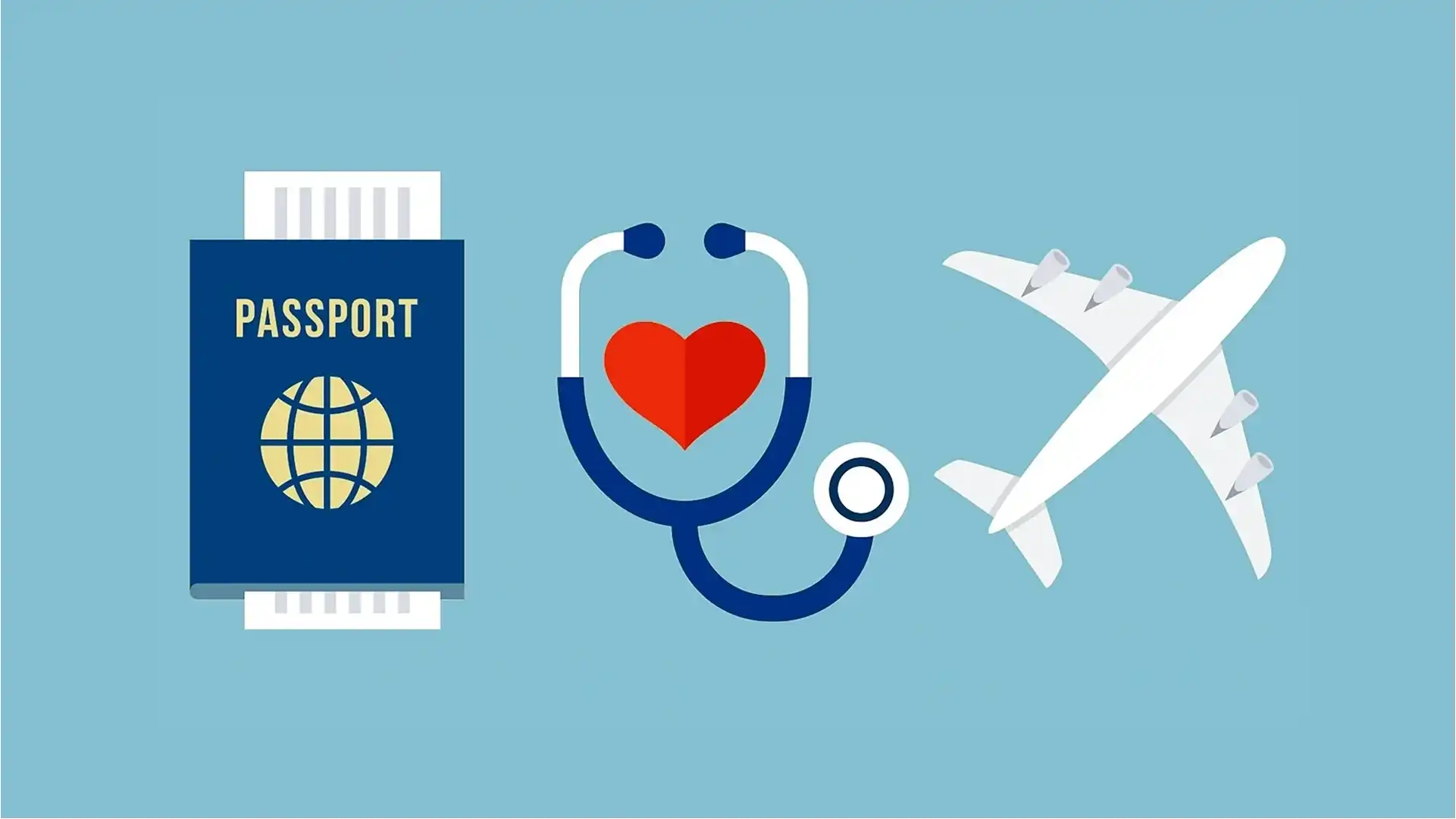
Selecting the Right Clinic
- Accreditation: Look for facilities that are internationally accredited, ensuring they meet global standards in healthcare.
- Specialist Qualifications: Verify the credentials and experience of the medical professionals who will be performing the surgery.
Preparing for Your Surgery
- Medical Records: Gather all necessary documentation, including details of your original tubal ligation and any other relevant medical records.
- Consultation: Schedule virtual consultations with the surgical team abroad to discuss your case and any concerns you may have.
- Travel Arrangements: Make sure to plan your travel and stay, keeping in mind you might need to be near the clinic for your recovery and initial follow-ups right after the surgery. Quality Care Global can help sort out these details, making sure you’re set up comfortably close to the clinic.
What to Expect After the Surgery
Recovery
- Hospital Stay: Most tubal ligation reversals are outpatient procedures, meaning you'll likely be discharged to recover in your accommodation shortly after surgery.
- Follow-Up Care: Arrange for follow-up care with your local healthcare provider once you return home to monitor your recovery and address any complications.
Results and Follow-Up
- Monitoring for Pregnancy: Start monitoring for pregnancy as advised by your surgeon, typically after waiting for one to two menstrual cycles post-surgery.
- Long-Term Health: Keep in touch with your fertility specialist for ongoing advice and to manage your reproductive health.
Support and Resources
- Support Groups: Join support groups for individuals who have undergone similar procedures abroad to share experiences and receive advice.
- Continued Medical Support: Ensure you have access to continued medical support from the clinic where you had your surgery, even after returning home.
Bottom line
Undergoing tubal ligation reversal abroad is a significant decision that offers many benefits but also requires careful planning and consideration. Quality Care Global is here to help guide you through this journey, connecting you with the best medical professionals and facilities around the world to enhance your chances of a successful outcome. Embrace the opportunity for a new beginning and the hope of expanding your family.
Remember, every step you take towards this procedure is a step towards potentially fulfilling your dream of parenthood once again.
